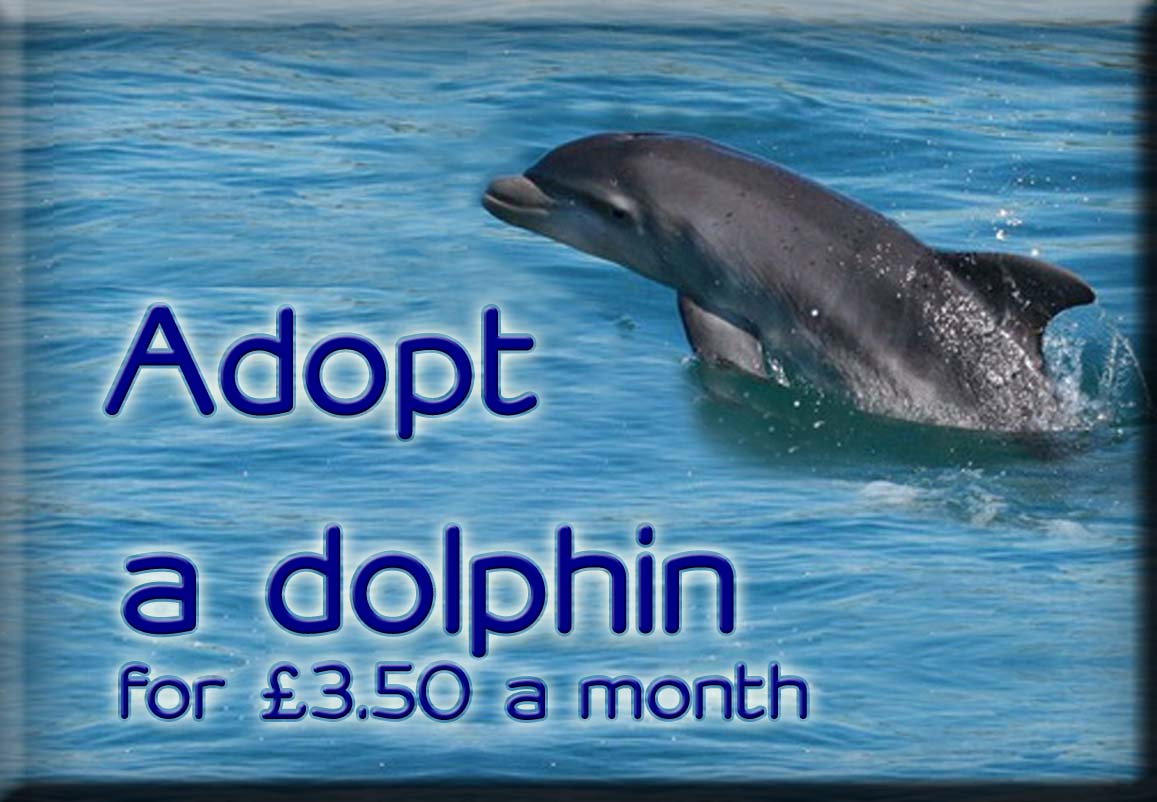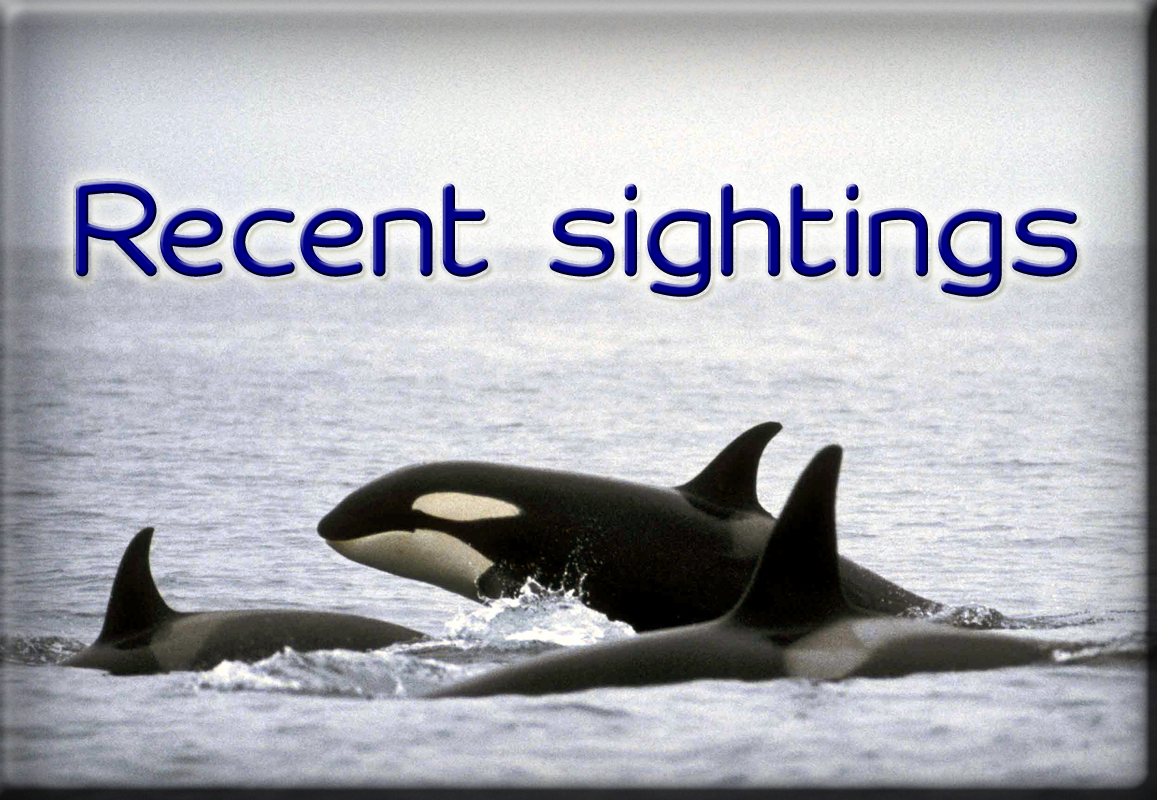Sea Watch Foundation hopes this post reaches you in safe and comfortable conditions. When our lives gradually return to normality it is important to remember that the crisis currently facing wildlife will remain and the valued natural spaces we have, along with its inhabitants will continue to be under threat.
The Covid-19 pandemic has undoubtedly interrupted many crucial projects, surveys, and research in the field of conservation. At Sea Watch, the tough decision to cancel internships was made as surveys of Britain and Ireland’s oceans are no longer possible from our part. Small charities such as ourselves have felt immense pressure from our methods of fundraising being no longer feasible. We are dependent upon being able to do fieldwork out on boats which are no longer running, so we lose important scientific information for monitoring cetacean populations. Secondly we no longer have access to key funding that forms our core income; we have had to close the office in New Quay, along with our visitor center, and have not been able to pursue the group activities that help raise funds from the public such as pier watches. This is extremely damaging to the charity. Government funding is understandably being channeled towards human health and social care needs, wildlife and environmental charities are currently falling under the radar.
However we have still got some eyes faithfully watching the ocean for us, for which we are grateful for the sharing of such sightings. Change in the way society can operate is allowing us time to advance in other aspects of the charity’s work such as further analyses of previous research data, revamping our website and improving social media. We are also working on an exciting new public app that will be accessible to everyone who can use it to identify, record, and report cetaceans they see both from land and at sea. We are preparing to initiate a new membership scheme for anyone interested in marine mammals, with a regular newsletter full of articles and information. Our Adopt A Dolphin Administrator, Kirsten, has produced an e-book for children that gives them information on the lives and movements of each of their adopted dolphins. To find out more about our exclusive Adopt a Dolphin e-book visit the website here.
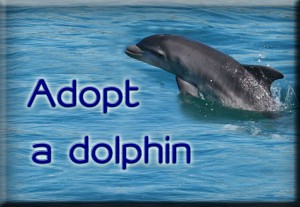
Conservation has always required optimism, here at Sea Watch the team knows brighter days are on the horizon. Orca Watch which will now take place in May 2021, however stays tuned on our social media for updates on cetaceans being spotted around the coasts and a virtual celebration of the essence of this national survey. We are preparing to run our National Whale & Dolphin Watch 2020 event at the end of July by whatever means is permitted.

Perhaps in some ways, this challenge is needed: to work more locally and give nature the necessary time to rejuvenate this spring. It seems common among many people that this has shown them the vulnerability of the systems we currently have, and how dependent and interconnected we are to the earth’s ecosystems. A world-renowned expert in ecology, Lee Hannah, says that “Ecosystems in nature function similarly to the human body: when they are robust and healthy- they are more resistant to disease. Thriving ecosystems also provide a variety of benefits to surrounding humanity, from freshwater to food to fertile soil. However, when human activities such as logging and mining disrupt and degrade these ecosystems, animals are forced closer together and are more likely to be stressed or sick, as well as more likely to come into contact with people. In these conditions, diseases bounce back and forth between wildlife populations and humans” (Expert: To prevent pandemics like COVID-19, ‘take care of nature’, 2020)
Everyone is hoping and striving for a better planet. Sea Watch Foundation will continue to fulfil its mission to improve the conservation and protection of whales, dolphins, and porpoises, and appreciates the support from our community. Whilst people are retreating in their homes, realising what is important; this is a time for transition and positively shifting into a different culture that protects and prioritises its biodiversity. We must take care of nature for it to take care of us.
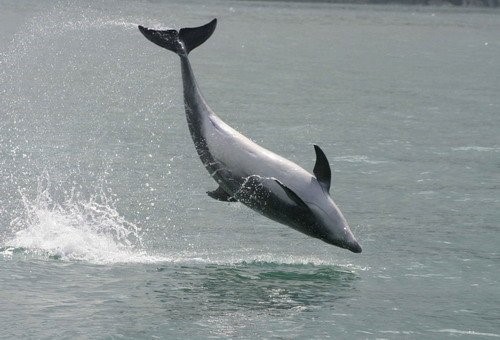
Here are some tips we think may be useful during this time… Contact us via social media @SeaWatchFoundation or email info@seawatchfoundation.org.uk. We would love to hear from you!
● Take this time to re-think the efficiency of the space in which you inhabit. This could be anything from checking your energy provider is sustainable, recycling correctly, trying to minimise waste, starting a compost or growing vegetables, selecting products that are locally sourced, and sustainable.
● Connect through the power of technology and social media: There are thousands of online communities that you could become a part of whilst keeping up to date on subjects you are interested in. Facebook has many eco-friendly communities that are open to join. Check out Sea Watches Orca Watch, a group of people who love cetaceans and the oceans. We are using social media to inform people of sightings and share memories of previous surveys.
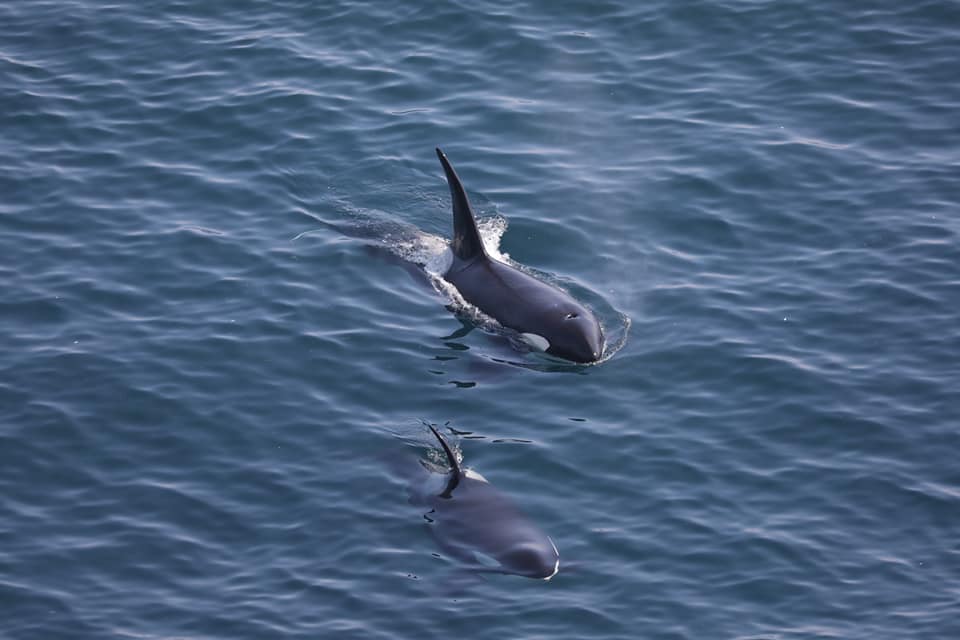
● Improve your conversation skills with free online information! The Sea Watch website has information fact sheets, codes of conduct for interacting with marine life and many publications to read. A free Geographic Information Systems software training course can be found at DMAD Marine Mammals Research Association, which allows people to continue to learn and build up their experience from home. Zooniverse is also a great site that leads to many other conservation organisations which need help with digitising information and volunteering from home.
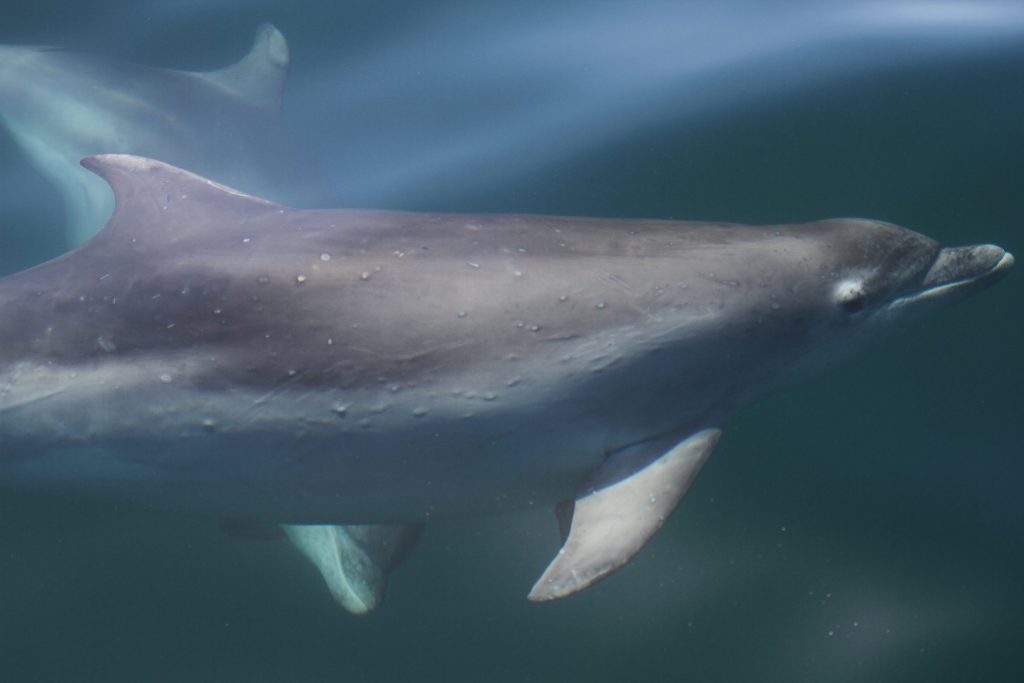
● If you are by the coast you can still report your cetacean sightings to us. Those who do not have the opportunity to visit the coast, can help out in many ways such as alerting us to interesting marine wildlife news stories, helping to prepare fact sheets, educational materials for children, undertaking podcasts or video blogs, editing video sequences. We are also keen to find someone with web technical experience that can re-do our website under our guidance. Find out more here! Or email chiara.giulia.bertulli@seawatchfoundation.org.uk
Blog written by Jodie Smith X

